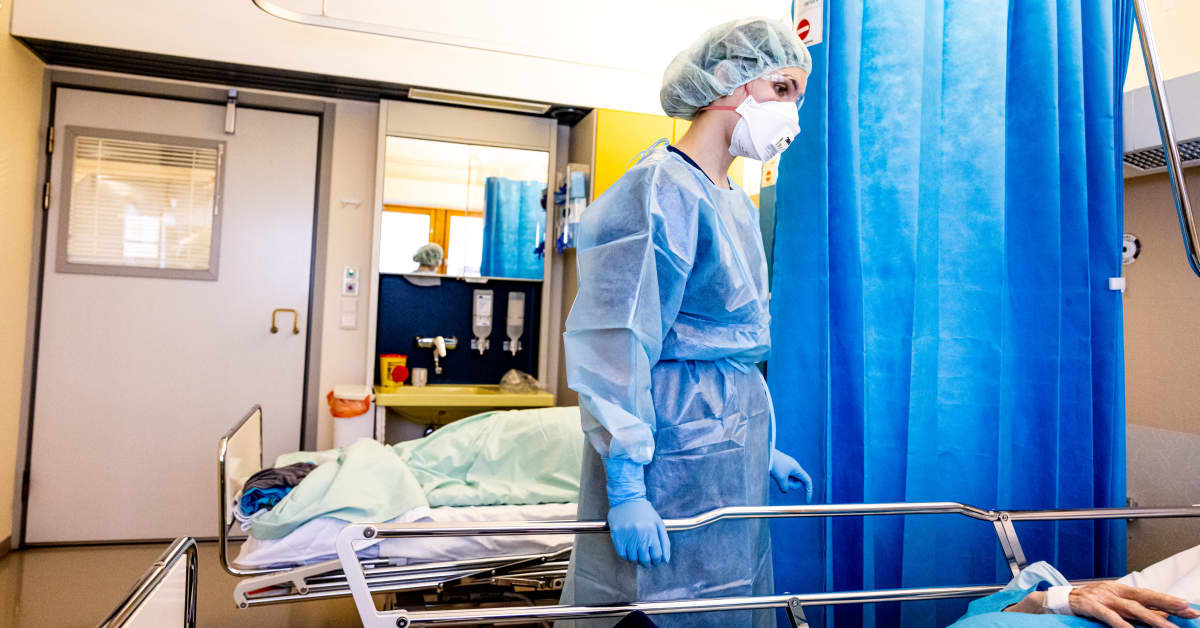Norjassa hallitus on purkamassa rajoituksia, eli alkoholin tarjoilukieltoa pois ym. pientä. Jos tartuntakäyrää katsoo, niin kovastihan se ylös on menossa. Rajoituksista päätetään luultavasti tänään.
Terveysviranomaisten mukaan omikronin osalta tilanne on sellainen, että sitä ei voida pysäyttää. Tästä syystä rajoitustoimien tulee olla niin vähäisiä kuin terveydenhuolto mahdollistaa, koska tauti kulkee väestön läpi joka tapauksessa, joten maksimimäärien alapuolella toimimisesta ei saavuteta hyötyä, lisätään vain epidemian kestoa ja riskiä uudelle epidemia-aallolle.
Aika suoraan tuossa riskiarviossa sanotaan, että mahdollisimman monen vähäriskisen on parempi saada tartunta nyt kuin myöhemmin, eli tautitaakan siirtäminen ei ole enää toimiva keino.
FHI om omikron-bølgen: – Ikke mulig å stoppe








